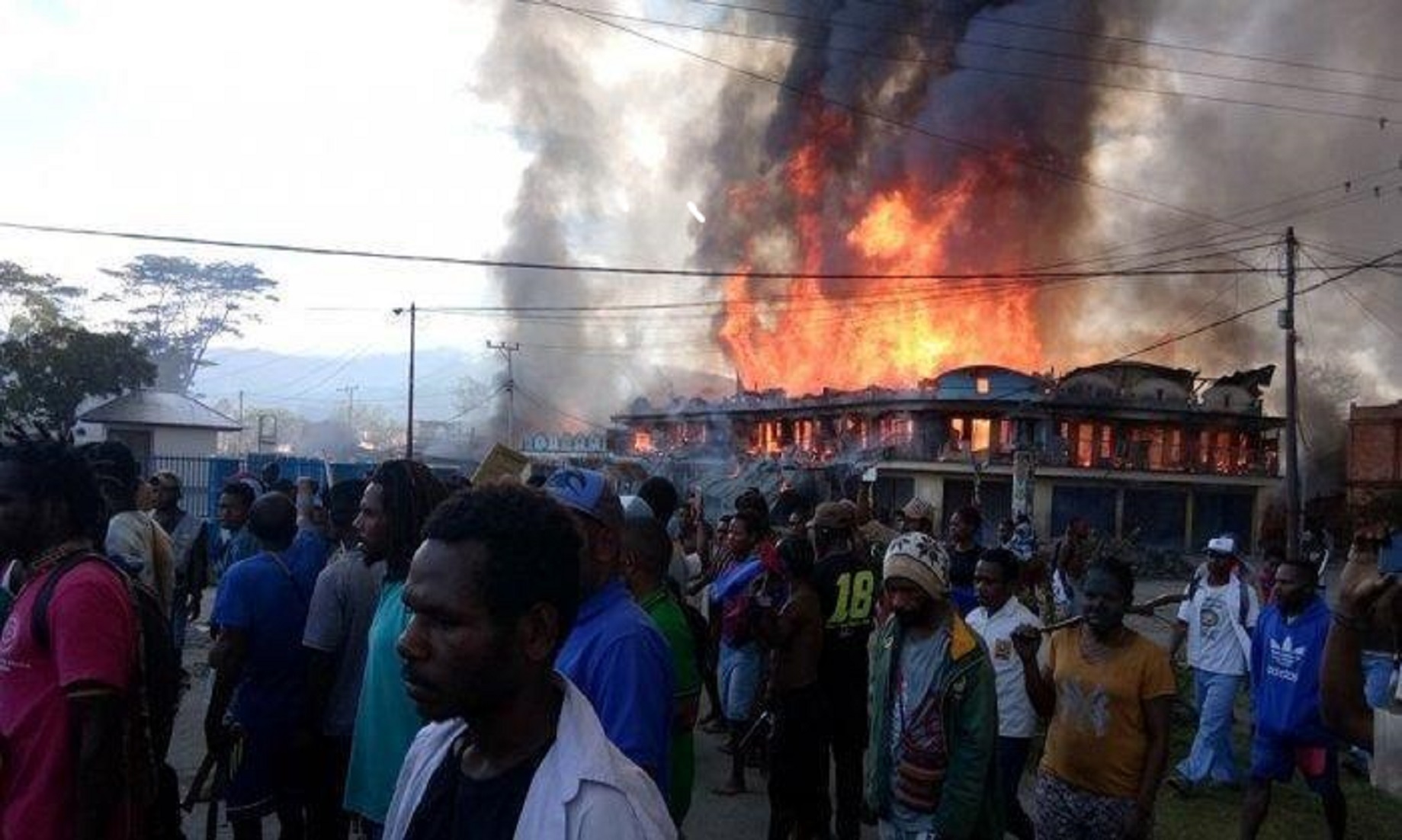JAKARTA, Apr 11 (NNN-ANTARA) – The ongoing conflict between the Indonesian joint security forces and an armed separatist group has been heating up in the country’s easternmost province of Papua, causing casualties.
On Tuesday and Wednesday, at least 16 houses in Kimak village, Puncak district, were set on fire by the Papuan separatist rebels. When security personnel came to put out the blaze, they were ambushed by the militants, which led to a two-hour gunfight.
The Papua police believed the separatists set the houses ablaze in revenge for the death of their young fighter, Ali Kogoya, a 35-year-old man, who was shot dead by the joint security forces last Sunday.
“The rebel group always makes a counter-attack when some of its fighters are arrested or have been shot by officers,” Papua Police Chief, Mathius Fakhiri told local media.
“We have reminded our personnel to be on alert. I’ve asked them not to be easily provoked because there would be a retaliation,” he added.
It is not the first time this year that the Papuan separatist group launched attacks.
According to data from the Presidential Staff Office, during the first three months of 2022, there have been at least seven brutal criminal attacks committed by the group, claiming 13 lives – including military personnel and civilians – and injuring five people.
Security forces were also hunting for armed criminals, after an army soldier and his wife, who worked as a midwife, were killed in an assault at a house in Yalimo district, late last month.
The attackers fatally shot the soldier and killed his wife by slashing her neck, and injured their two children. They immediately fled to the jungle after carrying out the attack.
The West Papua National Liberation Army (TPNPB), the armed wing of the Free Papua Movement (OPM), claimed responsibility for the attack, saying, it was part of their struggle for independence from Indonesia, which they accused of conducting a genocidal campaign against indigenous communities in Papua.
Papua is a former Dutch colony situated in the western part of New Guinea island. Despite its rich natural resources, it is one of the poorest regions in Indonesia. Papua has been home to separatist insurgencies since decades ago.
Indonesian President, Joko Widodo, visited Papua and its neighbouring province, West Papua several times during his term, and conducted dialogues in an effort to build trust with native Papuans.
To reduce economic inequality in the two provinces, the government persistently built a number of infrastructures, including roads and healthcare facilities, although some of them were damaged by the Papuan separatists.– NNN-ANTARA





